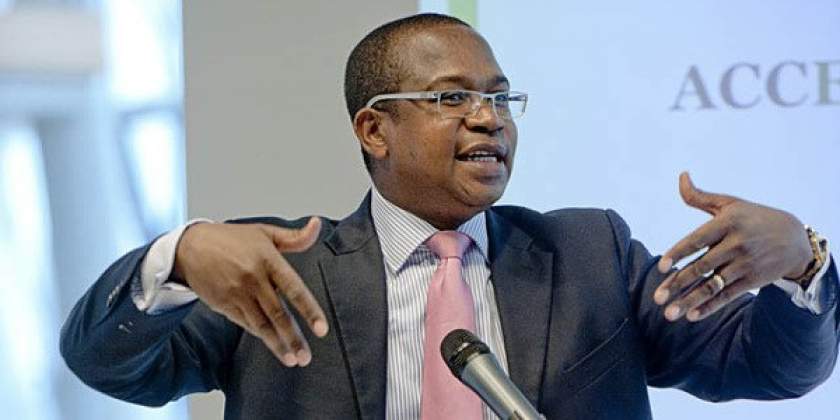
WHEN Finance minister Mthuli Ncube indicated in his Monetary Review Statement that Zimbabweans should tighten their belts and brace for the worst, as the government seeks to correct many of the past errors that have driven the economy into the current mess, he should have known it would do more damage both to the economy and his repute.
Although the majority felt that this was unfair given that many of those who have accumulated the ill-gotten wealth benefiting from the same policies are still in government, they admired Ncube for his honesty and admission that the journey along the recovery path was going to be painful and arduous.
While it would have been important to continue on that path of communicating all developments with the public, the Finance minister — together with Reserve Bank of Zimbabwe governor John Mangudya — appear to have retreated into their shells and allowed the public to speculate.
The current fuel crisis is a case in point.
While the government, through Energy and Power Development minister Joram Gumbo, would have us believe that the country has enough fuel stocks, the reality on the ground paints a totally different picture.
As we have said before, the government really needs to spruce up its communication processes to avoid unnecessary panic and speculation.
It is beyond dispute that the country’s economy is in a terrible shape at the moment, punctuated with speculation, panic and uncertainty.
Everyday, prices of basic commodities are rising astronomically and millers have even rationed flour to ensure that bread does not disappear completely from the shops.
- Chamisa under fire over US$120K donation
- Mavhunga puts DeMbare into Chibuku quarterfinals
- Pension funds bet on Cabora Bassa oilfields
- Councils defy govt fire tender directive
Keep Reading
On the other hand, pharmaceutical wholesalers have halted operations, creating a huge shortage of critical drugs, especially for lifelong patients, on the market.
People have already started hoarding groceries because they are seeing basic commodities disappearing from the shelves with no formal communication from government.
Soon after Mnangagwa swept to power in November last year, he assured the nation that he would deal with the cash crisis as a matter of urgency, but nearly a year down the line, the crisis has even worsened, further dampening whatever little confidence the public might have had in the new dispensation.
It would seem the Second Republic is a mirage.
The more the government remains silent, the more the public loses confidence in its ability to turn around the fortunes of the economy.
Already, many people are now convinced that the government has failed because they are just seeing all the negativities while the government remains silent as if it is either unaware of what is happening, or clueless on how to resolve the crisis.











